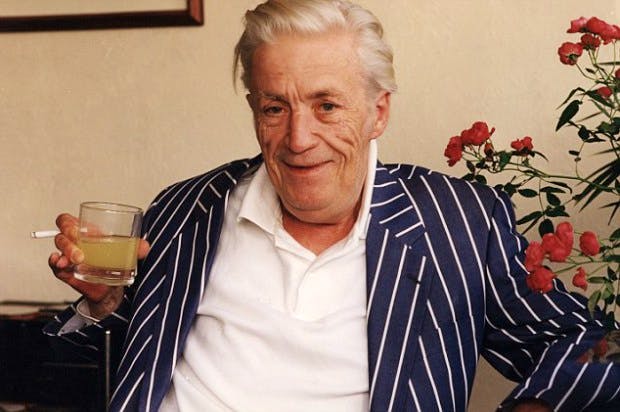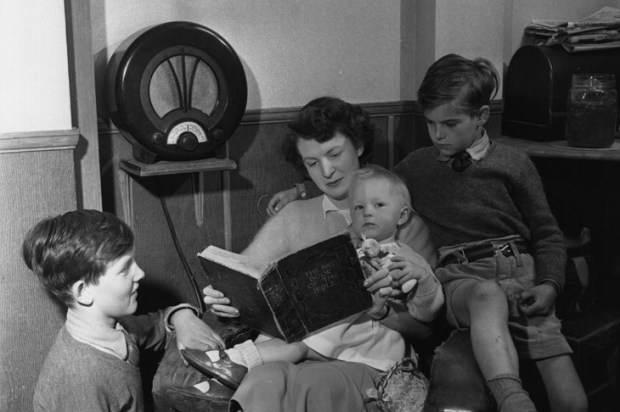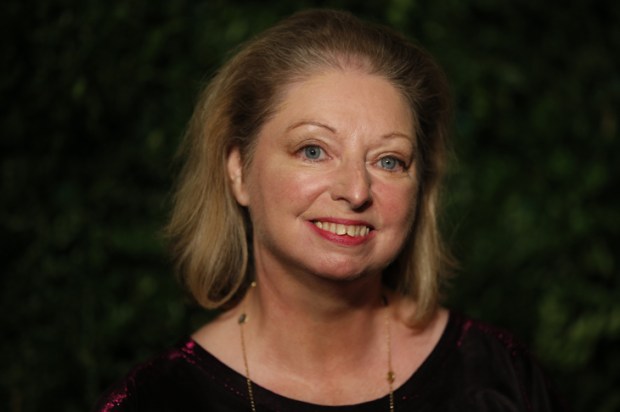Just back from a few nights in Sweden to find the perfect programme on Radio 3. It was one of those interval shorts that are always such a nightly bonus during the Proms season. That 20-minute space between concert halves is the perfect length for listening. On Sunday night it was Kate Clanchy’s turn to fill in between Sibelius symphonies and what better topic than The Summer House (produced by Julian May), or rather the stuga, mokki, sommerhus or dacha beloved of Scandinavians and Russians, where Sibelius would retreat to write those symphonies redolent of dark woods and deep waters. Here the hassle and routine of city life are abandoned and days are spent chopping wood, gathering cloudberries or just soaking up the long-awaited sunlight.
We don’t really have a word in English to describe them. To us a summerhouse is usually a folly on a lawn, a creosoted doll’s house for adults, somewhere to store the croquet set or have tea on a dismal afternoon. In Sweden, Finland, Norway and Russia, though, it’s always a real house, a place to go back to every year, where you spend time with family and friends and get back in touch with what matters. There’s nothing posh about them, says Clanchy. One third of Sweden’s population have access to a family stuga, to these clapboard homes where there’s nothing to do except hang out on the deck or lose yourself in watching the clouds moving across a startling blue sky.
She reminded us of Tove Jansson’s haunting evocation of the experience in The Summer Book. A grandmother leaves the city behind to spend the summer on a tiny island with her granddaughter Sophia. It takes only four and a half minutes to walk round the island in the gulf of Finland but to the reader the distances travelled each day by Sophia and her grandmother appear much, much longer because of Jansson’s imaginative freedom, her willingness to explore inwardly.
‘Are there ants in heaven?’ asks Sophia. ‘No,’ says the grandmother, bluntly, before telling Sophia, who is lying beside her on the grass, to stay still and listen to the insects. ‘You could hear thousands and millions of them.’
Saturday afternoon’s dramatic performance of Jeffrey Bernard is Unwell (Radio 4) was a welcome reminder of Bernard’s Spectator column, last seen in 1997. That ability to turn a life of doing nothing into 800 or so words of razor-sharp wit smacked of some kind of literary genius. He always made you laugh even while appalled by his apparent behaviour. And not just laugh. He also made you wince; wonder whether perhaps you might be that ice-cold harpie, or dyed-in-the-wool toadie.
John Hurt took the part that Peter O’Toole so memorably made his own in Keith Waterhouse’s West End play, the title of which came from this magazine’s cryptic announcement whenever Bernard was too ill (or drunk) to produce his weekly Low life copy. To create the right atmosphere, the play was recorded in Gerry’s bar in Soho, which claims to be ‘one of the last places keeping the Soho boho tradition alive’, and where Bernard once worked as a barman. The sound effects were suitably Bernardian: liquids being poured, glasses clinking, a match being struck and cigarette smoke exhaled. Hurt did his best to recapture that compelling mixture of booze-inflated self-aggrandisement and remorseless self-pity. He even attempted, and succeeded (so we were led to believe), the infamous egg trick perfected by O’Toole on-stage. Yet there was something missing and, dare I say it, at one-and-a-half hours there was a touch of the longueurs.
What was so remarkable about Bernard’s column is that mysterious thing called ‘voice’ (also possessed by his much-loved successor Jeremy Clarke). That unmistakable presence on the page. Plus an uncanny ability never to use a word out of place. Bernard might have been a disreputable presence in the Coach and Horses, and insufferable to be with when too much under the influence, but on the page his prose was always crystal-clear and impeccably crafted.
Sian Williams’s lunchtime series for Radio 4, How to Have a Better Brain (Monday to Friday, produced by Dixi Stewart), was inspired by her encounter with Dr Catherine Loveday, a neuropsychologist at the University of Westminster, and her mother Scilla, who used to work as a psychiatrist. Scilla is suffering from accelerated memory loss and her daughter is trying to find ways to stem the tide of symptoms. Exercise has been proven to help, with studies showing that there is less shrinking of the brain and fewer lesions on the white matter in those who walk regularly. More critical, though, are levels of stress. Cognitive tests have shown that prolonged anxiety causes increased cortisol levels, which are toxic to the brain.
What to do about it? Have a good laugh, says Dr Hannah Critchlow. This releases endorphins which help us to feel good (and keep the memory working well) while also exercising the ribs and intercostal muscles. What, I wonder, would Bernard have made of the idea that by making us laugh with his stories of drinking to excess he was saving the NHS a lot of money?
Got something to add? Join the discussion and comment below.
Get 10 issues for just $10
Subscribe to The Spectator Australia today for the next 10 magazine issues, plus full online access, for just $10.














Comments
Don't miss out
Join the conversation with other Spectator Australia readers. Subscribe to leave a comment.
SUBSCRIBEAlready a subscriber? Log in